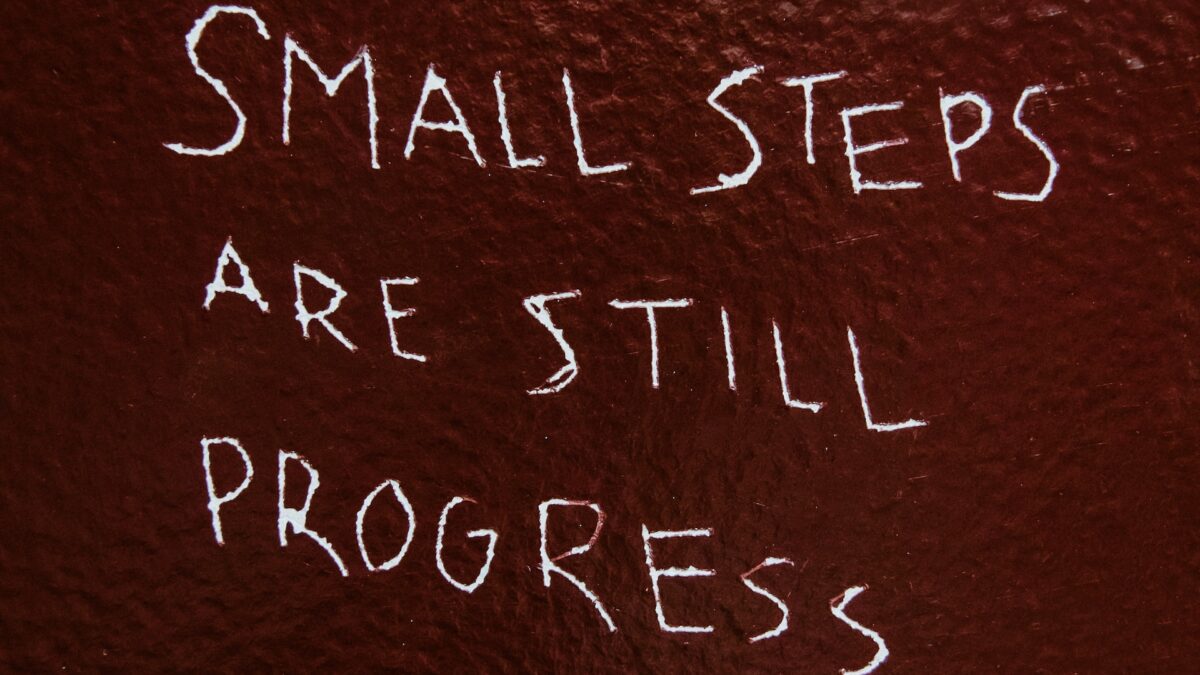
How to stop procrastinating at work and get more done
May 3, 2023
Boosting team productivity: strategies for effective collaboration in the workplace
July 6, 2023In today’s competitive professional landscape, achieving consistent and significant improvements in workplace performance can be challenging. However, by embracing the concept of marginal gains, you can unlock your full potential and achieve long-term success.
In this blog, we’ll explore the profound impact of marginal gains, using real-life examples from renowned figures such as David Brailsford, Peter Bregman, and Hal Elrod. We’ll also share top tips for putting small changes into practice to enhance your performance.
What are marginal gains?
Marginal gains involve making small, incremental changes in various aspects of a person’s work and life, resulting in a cumulative effect that can push them to new heights.
The David Brailsford approach
Sir David Brailsford, the mastermind behind the extraordinary success of British Cycling, revolutionised the sport by using the concept of marginal gains. He believed that if they could make small improvements in every aspect of cycling, they could achieve significant overall improvements. Changes included optimising bike saddles, hand washing to reduce illness, and testing different types of massage gels. These seemingly minor adjustments ultimately led to Team GB’s remarkable success at the 2012 London Olympics.
Peter Bregman’s paradigm shift
Peter Bregman, a productivity expert and author of the best-selling book ‘18 Minutes’ emphasises the importance of making small changes to achieve extraordinary results. His core philosophy revolves around the idea of identifying and executing the most essential tasks. Bregman advises individuals to set aside 18 minutes each day to plan their priorities, focus on meaningful work, and reflect on their progress. By investing a small amount of time each day in strategic thinking and action, individuals can optimise their productivity and achieve long-term success.
Hal Elrod’s miracle morning routine
Hal Elrod, the author of ‘The Miracle Morning’, introduces a transformative approach to starting each day with purpose and energy. Elrod advocates dedicating a portion of the morning to personal development activities such as meditation, exercise, reading, and journaling. By investing time in these small but impactful activities, individuals can enhance their focus, motivation, and overall well-being.
Top tips for making marginal gains:
- Identify key areas for improvement: Review your current work practices and identify specific areas where small changes can make a significant impact. This could include time management, communication skills, goal setting, or adopting healthy habits. Discover more in our ‘How to stop procrastinating at work and get more done’ blog
- Set realistic goals: Establish realistic and measurable goals that align with the changes you want to make. Break them down into smaller milestones to track progress and maintain motivation
- Prioritise and eliminate distractions: Identify common distractions that hinder your productivity and take steps to minimise or remove them. This could involve setting boundaries with technology, organising your workspace, or establishing focused work periods. Read more in our ‘Prioritising your workload for personal effectiveness’ blog
- Embrace continuous learning: Commit to ongoing personal and professional development. Dedicate time to reading books, attending workshops, or taking online courses that enhance your skills and knowledge
- Cultivate healthy habits: Take care of your physical and mental well-being by adopting healthy habits such as regular exercise, proper nutrition, sufficient sleep, and mindfulness practices. Small changes in these areas can significantly impact your overall performance
Feeling inspired to make some marginal gains but need some help? Cube Learning and Development delivers tailor-made training and development programmes for your teams along with personal coaching to help with effective communication and presentation. For a no-obligation chat about this and our other training, call Chris Burton on 07879 602002.
Featured image courtesy of unsplash – Hayley Murray




